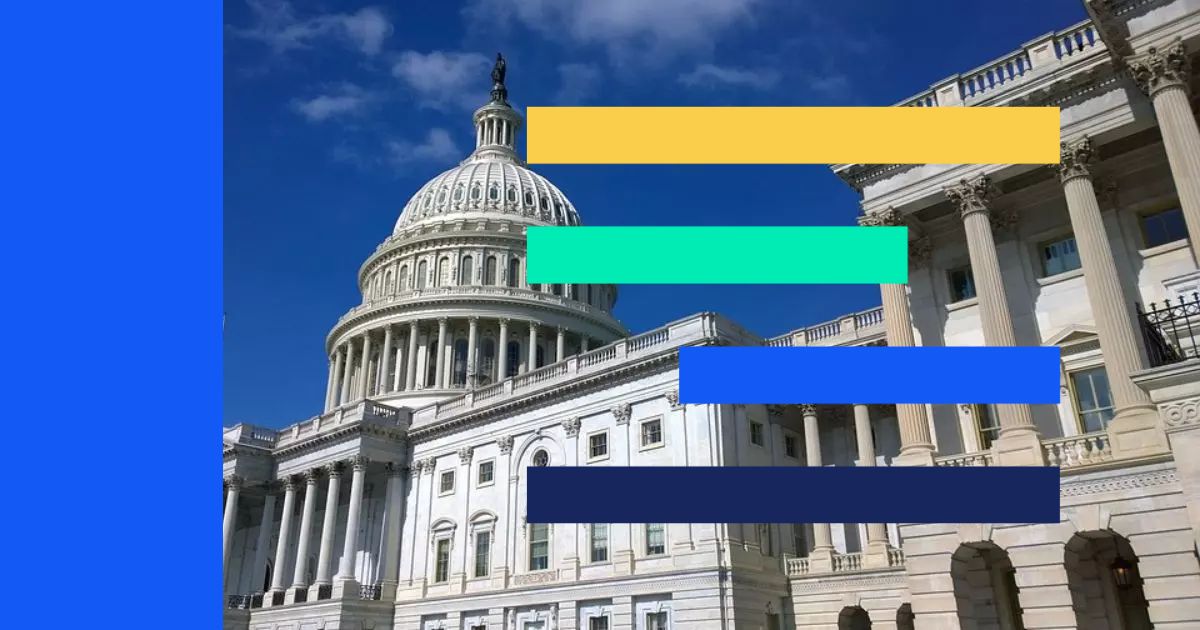Why Our Nation’s Students Need a Strong Federal Investment in Education Innovation
January 30, 2023 |
After months of negotiations and “will they, won’t they,” Congress passed a $1.7 trillion end-of-the-year spending package for fiscal year 2023. As a former Hill staffer for nearly six years, I can say there is no greater relief than being able to head home for the holidays with a year’s worth of work and millions of dollars for your district and state finally a reality.
Most excitingly for us here at New Classrooms, this spending package includes an education funding provision that has the potential to significantly improve outcomes for students. In the final bill, Congress directs the Institute of Education Science (IES) to create a pilot National Center for Advanced Development in Education (NCADE) and appropriates an estimated $30 million for its work. The purpose of the center is to create a new funding opportunity for “quick turnaround, high-reward scalable solutions intended to significantly improve outcomes for students.” Suggested research activities include innovative learning models as a high-reward, scalable solution to address long-standing deficits and inequities in the education system. In our most recent publication, Out of the Box, we advocate that innovative learning models have a key role to play in modernizing our education system and move towards a student-centered paradigm.
Many people wouldn’t necessarily associate Congress with “innovation,” and there were times I found myself frustrated by the institutional barriers that made it impossible to break outside the status quo of legislating. That’s why the creation of NCADE, a pilot dedicated solely to the research and development of innovative approaches to teaching and learning, is a big deal. While much of the COVID-19 ESSER funding had to be used for maintenance efforts, NCADE has the potential to focus on the “Development” in Research & Development (R&D) in order to create tools that would allow for school communities to reimagine education and personalize the learning journey for their students.
However, with new evidence emerging on the extent of unfinished learning, I know a pilot version of NCADE at its current funded level (a rounding error compared to other high-reward government R&D agencies) will still not be enough to get students back on track. The most recent National Assessment of Educational Progress (NAEP) scores for grades four and eight represented the biggest fall in proficiency since testing began in 1990. While the COVID-19 pandemic had profound impacts on academic performance, we strongly believe the outdated factory model of schooling has always made it impossible to meet the strengths and needs of each student in order to help them reach their full potential. That’s why in addition to fully authorizing and funding NCADE, we need a sustained federal investment specifically in both the development and adoption of innovative learning models.
The creation of a program singularly dedicated to innovative learning models within IES would support and sustain development and research to expand the knowledge and understanding of innovative learning models. A $570 million annual investment in education R&D over 10 years would support the development, scaling, and evaluation of 75 impactful innovative learning models. An additional $180 million annual investment over the same period would support the implementation of innovative learning models by states, local school districts, schools, and school communities. This funding would help to address student learning loss through holistic, school-based, programs that integrate teachers and technology so schools and teachers can systematically support a personalized approach to education.
While such bold objectives might seem daunting, it is not unprecedented. Congress has met the moment on a bipartisan basis in several other sectors, investing in groundbreaking technologies in defense, healthcare, and energy. It is long overdue for education. Our students deserve it.
—Alex Morris, Deputy Director of Policy & Advocacy at New Classrooms